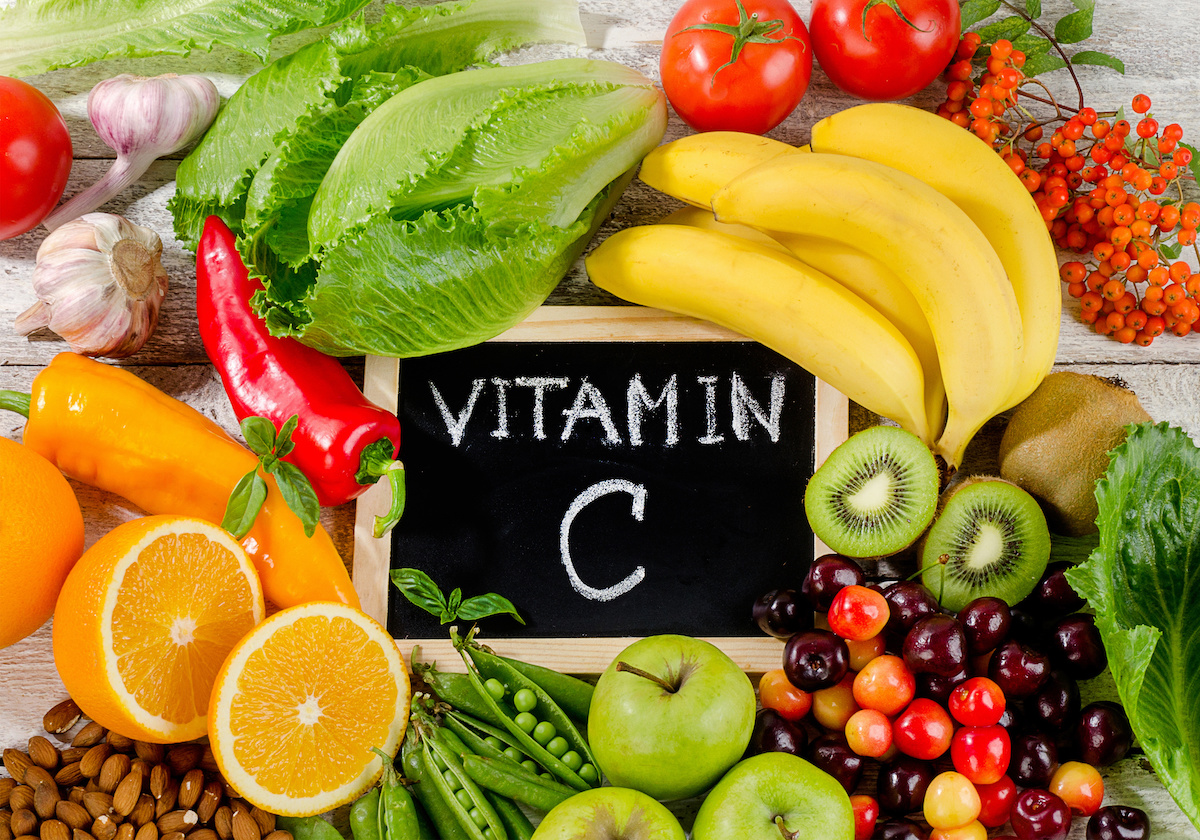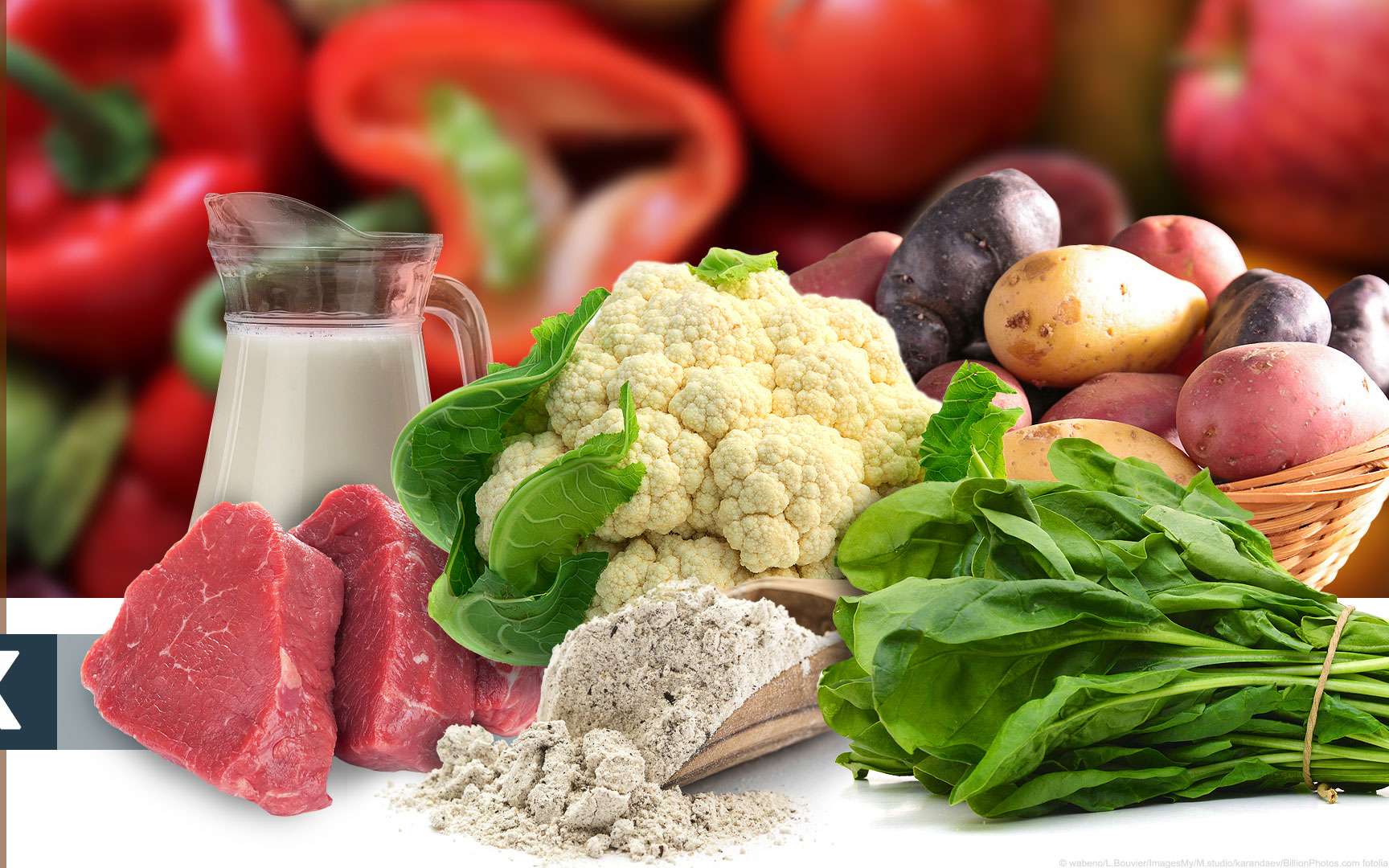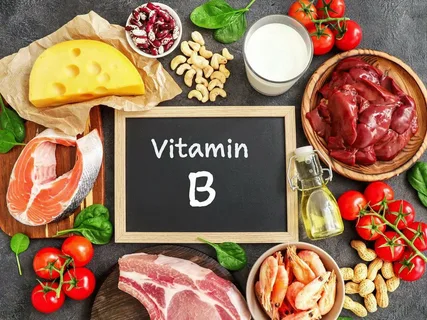Vitamin C, also known as ascorbic acid, is renowned for its role in supporting immune function and skin health. However, its benefits extend far beyond these well-known functions. Among its many roles, Vitamin C plays a significant part in promoting heart health. This guide explores how Vitamin C benefits cardiovascular health, the mechanisms behind its effects, and practical advice on incorporating it into your diet.
Understanding Vitamin C
What is Vitamin C?
Vitamin C is a water-soluble vitamin essential for the synthesis of collagen, a protein that helps maintain the integrity of skin, blood vessels, and connective tissues. It also acts as a powerful antioxidant, neutralizing harmful free radicals in the body.
How Does Vitamin C Support Heart Health?
Vitamin C contributes to heart health through several mechanisms:
- Antioxidant Protection: By neutralizing free radicals, Vitamin C helps reduce oxidative stress, which can damage blood vessels and lead to cardiovascular diseases.
- Collagen Formation: Collagen is crucial for the structure and elasticity of blood vessels. Adequate Vitamin C levels support the production and maintenance of healthy blood vessels.
- Cholesterol Management: Some studies suggest that Vitamin C may help lower LDL (bad) cholesterol levels, reducing the risk of plaque buildup in arteries.
- Blood Pressure Regulation: Vitamin C may assist in dilating blood vessels, which can help lower blood pressure.
The Role of Vitamin C in Cardiovascular Disease Prevention
Preventing Atherosclerosis
Atherosclerosis, the buildup of plaques in the arterial walls, is a major contributor to heart disease. Vitamin C’s antioxidant properties help reduce oxidative damage to LDL cholesterol, which is a key factor in plaque formation. By protecting LDL from oxidation, Vitamin C may help prevent the development of atherosclerosis.
Reducing Blood Pressure
High blood pressure is a significant risk factor for heart disease. Some research indicates that Vitamin C supplementation can help lower blood pressure in both individuals with hypertension and those with normal blood pressure. The vitamin’s ability to improve endothelial function, which affects blood vessel dilation, is thought to be a contributing factor.
Supporting Endothelial Function
The endothelium is the thin layer of cells lining blood vessels. Healthy endothelial function is crucial for maintaining vascular health and preventing cardiovascular diseases. Vitamin C supports endothelial function by enhancing the production of nitric oxide, a molecule that helps relax blood vessels and improve circulation.
Dietary Sources of Vitamin C
Fruits High in Vitamin C
- Citrus Fruits: Oranges, grapefruits, lemons, and limes are well-known for their high Vitamin C content.
- Berries: Strawberries, raspberries, and blueberries are rich in Vitamin C and other antioxidants.
- Kiwi: This fruit is packed with Vitamin C and also provides additional nutrients like Vitamin K and E.
Vegetables Rich in Vitamin C
- Bell Peppers: Red, green, and yellow bell peppers are excellent sources of Vitamin C.
- Broccoli: This cruciferous vegetable contains a significant amount of Vitamin C, along with fiber and other essential nutrients.
- Brussels Sprouts: These small vegetables are high in Vitamin C and also provide beneficial antioxidants.
Vitamin C Supplements: Are They Necessary?
When to Consider Supplements
While it’s best to obtain Vitamin C from a varied diet, supplements may be beneficial for individuals who:
- Have Specific Health Conditions: Conditions like chronic illnesses or gastrointestinal disorders may impair Vitamin C absorption.
- Have Dietary Restrictions: Those with restricted diets or allergies may need supplements to meet their Vitamin C needs.
- Are at Risk of Deficiency: People who are at risk of Vitamin C deficiency, such as smokers or those with poor dietary intake, may benefit from supplementation.
Choosing the Right Supplement
When selecting a Vitamin C supplement, consider the following:
- Form: Vitamin C supplements come in various forms, including tablets, capsules, powders, and chewables. Choose a form that suits your preferences and needs.
- Dosage: The recommended daily allowance (RDA) for Vitamin C varies by age and gender. Ensure that the supplement provides an appropriate dose based on your individual needs.
- Quality: Look for reputable brands that provide transparency in their ingredient sourcing and manufacturing processes.
Interactions and Side Effects
Potential Interactions
Vitamin C can interact with certain medications, including:
- Anticoagulants: High doses of Vitamin C may affect the efficacy of blood-thinning medications.
- Chemotherapy Drugs: Vitamin C may interfere with some chemotherapy drugs, potentially affecting treatment outcomes.
Always consult with a healthcare provider before starting any new supplement, especially if you are on medication or have a pre-existing health condition.
Common Side Effects
Vitamin C is generally well-tolerated, but high doses may cause:
- Gastrointestinal Distress: Symptoms like diarrhea and stomach cramps can occur with excessive Vitamin C intake.
- Kidney Stones: Very high doses of Vitamin C may increase the risk of developing kidney stones in susceptible individuals.
Practical Tips for Increasing Vitamin C Intake
Incorporating More Vitamin C into Your Diet
- Add Fruits to Your Meals: Include a serving of Vitamin C-rich fruits in your breakfast or as a snack.
- Enhance Your Salads: Add bell peppers, broccoli, and strawberries to your salads for a Vitamin C boost.
- Opt for Fresh Produce: Fresh, raw fruits and vegetables generally have higher Vitamin C content compared to cooked or processed options.
Monitoring Your Intake
Keep track of your Vitamin C intake through a combination of diet and supplements if necessary. Aim to meet the recommended daily allowance and adjust based on individual health needs and lifestyle factors.
Conclusion
Vitamin C is a powerful nutrient with significant benefits for heart health. By reducing oxidative stress, supporting collagen formation, and improving endothelial function, Vitamin C plays a crucial role in preventing cardiovascular diseases and maintaining overall cardiovascular wellness. Incorporating a variety of Vitamin C-rich foods into your diet and considering supplements if needed can help you reap the full benefits of this essential vitamin.
FAQs
How does Vitamin C help prevent heart disease?
Vitamin C helps prevent heart disease by reducing oxidative stress, improving endothelial function, and supporting collagen production in blood vessels. These actions help maintain vascular health and reduce the risk of cardiovascular conditions.
Can Vitamin C lower blood pressure?
Yes, Vitamin C has been shown to help lower blood pressure by improving endothelial function and promoting blood vessel dilation. Regular intake may contribute to better blood pressure management.
What is the best way to get Vitamin C?
The best way to get Vitamin C is through a balanced diet rich in fruits and vegetables. Foods like citrus fruits, berries, and bell peppers are excellent sources. Supplements can be considered if dietary intake is insufficient.
Are there any risks associated with high doses of Vitamin C?
High doses of Vitamin C can cause gastrointestinal distress, such as diarrhea and stomach cramps. Excessive intake may also increase the risk of kidney stones in some individuals. It’s important to stay within the recommended dosage.
How much Vitamin C should I take daily?
The recommended daily allowance (RDA) for Vitamin C varies by age, gender, and life stage. For adults, the RDA is typically 75 mg for women and 90 mg for men. Consult with a healthcare provider to determine the appropriate amount for your needs.
Can Vitamin C supplements interact with medications?
Yes, Vitamin C supplements can interact with certain medications, such as anticoagulants and some chemotherapy drugs. Always consult with a healthcare provider before starting supplements if you are on medication.
What are some symptoms of Vitamin C deficiency?
Symptoms of Vitamin C deficiency can include fatigue, swollen gums, joint pain, and frequent infections. Severe deficiency can lead to scurvy, characterized by bleeding gums, skin problems, and poor wound healing.
Is it better to get Vitamin C from food or supplements?
It’s generally better to get Vitamin C from food, as whole fruits and vegetables provide additional nutrients and fiber. Supplements can be useful for those with specific health conditions or dietary restrictions.
Can Vitamin C improve cholesterol levels?
Some studies suggest that Vitamin C may help lower LDL (bad) cholesterol levels and reduce the risk of plaque buildup in arteries, which can contribute to better heart health.
How can I increase my Vitamin C intake if I don’t like fruits?
If you dislike fruits, consider incorporating more Vitamin C-rich vegetables into your diet, such as bell peppers, broccoli, and Brussels sprouts. You can also try Vitamin C supplements if needed.
- Graysexuality And Its Role In Sexual Attraction - May 9, 2025
- Obagi Blue Peel Radiance Peel Near Kingswood, Surrey - May 8, 2025
- Dermal Fillers Near Sanderstead, Surrey - May 8, 2025



